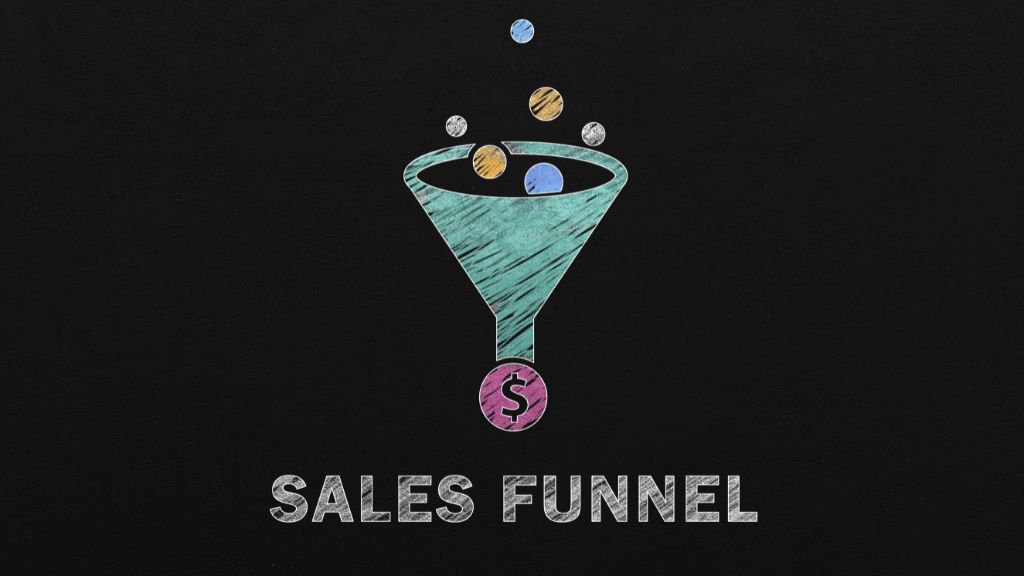
A sales funnel is a framework that businesses use to lead potential customers through a series of steps with the goal of turning them into paying customers. The idea behind a sales funnel is that it’s easier to move people along a structured path to a sale than to try to convince them to buy right away.
A typical sales funnel consists of:
1. Awareness: When a potential customer learns about your business or product through advertising, social media, or word of mouth.
2. Interest: At this point, the potential customer is interested enough in your product or service to want to learn more about it, so he or she starts doing more research.
3. Consideration: The potential customer is now actively thinking about buying something and is weighing their options.
4. Conversion: This is where the potential customer becomes a paying customer and completes the purchase.
5. Retention: Once the sale is made, the focus shifts to keeping the customer and making sure they have a good experience with the product or service, in the hopes that they will come back for more purchases or tell others about the business.
By knowing the different stages of the sales funnel, businesses can create targeted marketing and sales strategies to move potential customers through the funnel and, ultimately, increase conversions and revenue.
Why Should You Have a Sales Funnel?
Any business that wants to effectively turn potential customers into paying customers needs a sales funnel.
Some reasons why:
1. Gives a clear structure: A sales funnel gives businesses a clear structure they can use to guide potential customers through the different steps of the sales process. This makes it easier to figure out where potential customers are in the buying process and create marketing and sales strategies to move them closer to making a purchase.
2. Helps increase conversions: When businesses understand the different stages of the sales funnel, they can create targeted messages and offers that appeal to potential customers at each stage. This can help increase conversions by giving potential customers the information they need to make a purchase.
3. Makes it easier to keep customers: A sales funnel doesn’t end with a sale. By focusing on keeping customers and giving them a good experience, businesses can make it more likely that customers will come back and tell others about the business.
4. Saves time and money: Having a structured sales funnel allows businesses to focus their time and money on the most promising leads instead of wasting time on customers who aren’t ready to buy.
Overall, a sales funnel is an important tool for any business that wants to turn potential customers into paying customers, increase conversions, and keep customers for longer.
Why a Sales Funnel is Important
A sales funnel is a framework that businesses use to lead potential customers through a series of steps with the goal of turning them into paying customers. It gives a clear structure, helps increase conversions, improves customer retention, saves time and resources, and makes things easier for everyone. A sales funnel is an essential tool for businesses to turn potential customers into paying customers, increase conversions, and keep customers longer.
If you want to increase sales and conversions, you need a sales funnel. Take the time to understand the different stages of the sales funnel, create targeted messages and offers for potential customers at each stage, and focus on keeping customers. By using a sales funnel, you can save time and money while turning more potential customers into paying customers. Start building your sales funnel today and watch your conversions and revenue grow.





